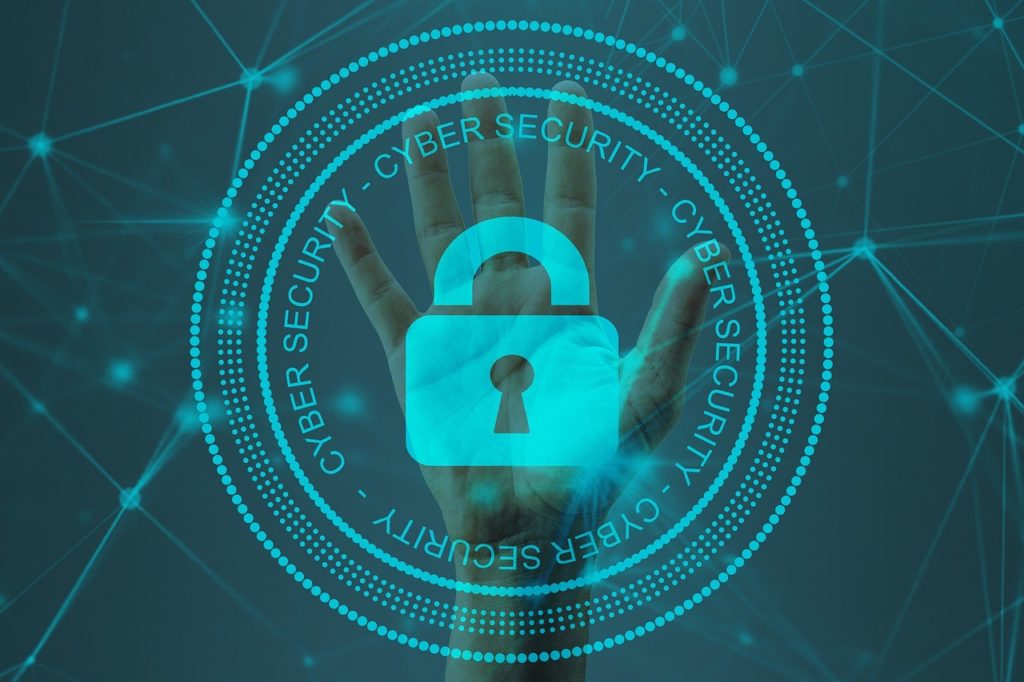Commercial Feature
Cybersecurity Survey: What Keeps Brits Awake at Night?

According to an NCSC survey, 80% of Brits are concerned about being targeted by cybercriminals. Considering that cyberattacks are becoming more sophisticated as we speak, their fears are supported by the data.
Remember the cyberattack that happened in Britain in May of 2017? During this attack, malware infected around 70,000 devices in England and Scotland because some computers were still using Windows XP. The attackers encrypted data and demanded a ransom. They threatened to release information if the ransom wasn’t paid.
In light of that, it’s no wonder why Brits outlined the following types of attacks as their main fears:
Phishing
53% of Brits have a fear of their personal details stolen online. Phishing is a threat to both individuals and businesses. Spotting a phishing email or message can be tricky because of all the advancements and tools available to cybercriminals now, so the fear is completely justified. Phishing scams can reveal your personal and financial data or even put your workplace in danger.
Malware
48% of Brits worry about their devices being infected by viruses or malware. Malware is not spread only through attachments in phishing messages. Old software, USB sticks, and websites are all used to infect user devices. Every malware is designed with a specific purpose in mind. Some are created for data theft, file encryption (which results in ransom attacks), spying, and more.
How to improve your cybersecurity
So, is there anything you can do to improve your online safety? Of course! You don’t have to be a cybersecurity expert to recognize a phishing attempt. Here’s where you should start:
Learn how to spot a phishing attempt
Phishing attempts were easy to recognize just a few years ago. Cybercriminals made too many spelling and grammar mistakes that it was impossible for them to be taken seriously. But tools like ChatGPT changed all that because hackers can use AI to write an error-free and convincing email or message. How can you recognize a phishing attempt nowadays? Well, you need to dig a bit deeper.
Look at the address first because if a hacker is trying to pass for a famous business or service, chances are they won’t have the official email address. Then, examine the contents of the message. Is there any sense of urgency? If yes, that’s yet another red flag. Are there any attachments you didn’t request from someone? Don’t open any of them because they probably contain malware.
Use a VPN
Virtual Private Network or VPN is an excellent privacy tool that hides your IP address and encrypts the traffic from and to your device. Users from Great Britain could connect to a US VPN server, and if anyone is snooping for their location, they will see a different IP address. Plus, they can freely use open Wi-Fi networks while traveling, and cybercriminals won’t be able to intercept their data.
Besides the security benefits, a US VPN server can open a whole new world of content for residents of Great Britain. For instance, they will have access to geo-restricted websites, which can be beneficial for various types of research. By connecting to a US VPN server, users will also have access to more TV shows and movies on their favorite streaming platforms.
Update your software
Having antivirus software on your devices is highly recommended for improved cybersecurity. However, it won’t help you much unless you perform regular updates. While you can do this manually, it is better to select the automatic updates option, especially if you tend to forget or delay downloading new software versions when you get a notification.
You should also know that outdated software, in general, can be a serious cybersecurity risk, especially if the software is not maintained or updated anymore. Hackers are familiar with the security vulnerabilities of old software and don’t hesitate to use their knowledge to spread malware or engage in identity theft.
Create better passwords
Your password could be the best defense against hacking, so don’t reuse old login information or make it easy to guess. Cybersecurity experts usually advise combining numbers, uppercase and lowercase letters, and symbols when creating a password.
That could sound intimidating and impossible to remember, so think about downloading a password manager to have all your logins in one place. These apps are compatible with multiple devices, so you’ll always have your passwords with you. Of course, you should be the only person with access to the password manager!
 News / Corpus students banned from formals after ‘unacceptable behaviour’31 January 2025
News / Corpus students banned from formals after ‘unacceptable behaviour’31 January 2025 Features / Noiseless noise: headphone culture at Cambridge28 January 2025
Features / Noiseless noise: headphone culture at Cambridge28 January 2025 News / Jesus College closes China Forum early 3 February 2025
News / Jesus College closes China Forum early 3 February 2025 News / UK government revives Oxford-Cambridge Arc scheme1 February 2025
News / UK government revives Oxford-Cambridge Arc scheme1 February 2025 News / Yellow ribbons for hostage solidarity appear in Cambridge overnight 4 February 2025
News / Yellow ribbons for hostage solidarity appear in Cambridge overnight 4 February 2025




